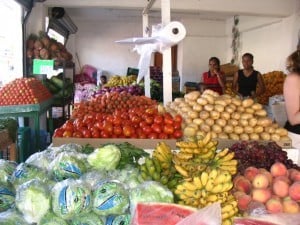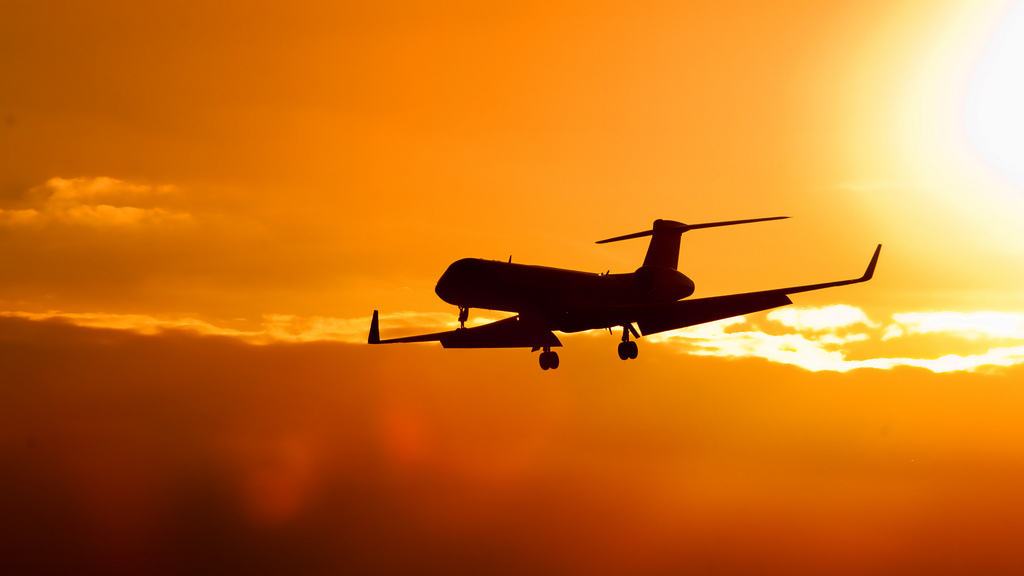How To: Learn the Local Language
Being able to speak even a few basic phrases of the language of the country you plan to visit will pay off in more ways than one. This is a strategy I use to not only help me save a little more money, but also to increase my safety and connect with the locals in a more fulfilling way. By making the effort to speak the language of your destination, in most cases the locals will be far more likely to help you, give you better prices on their goods, and generally like and respect you much more than the next tourist who expects everyone to speak English to them. Even in situations where the guides, shopkeepers, waiters and others speak English, if you speak to them in their own language it will put a smile on their faces and you’ll get a lot more positive attention from them.
A few nights ago my husband and I landed in Ecuador. We spent our first day in Guayaquil. As we walked along the Malecón Salado (boardwalk along the river), we found a man with a long pole reaching high into a mango tree and decided to interact with him. “¿Qué está haciendo?” I asked him (What are you doing?). Continue reading





